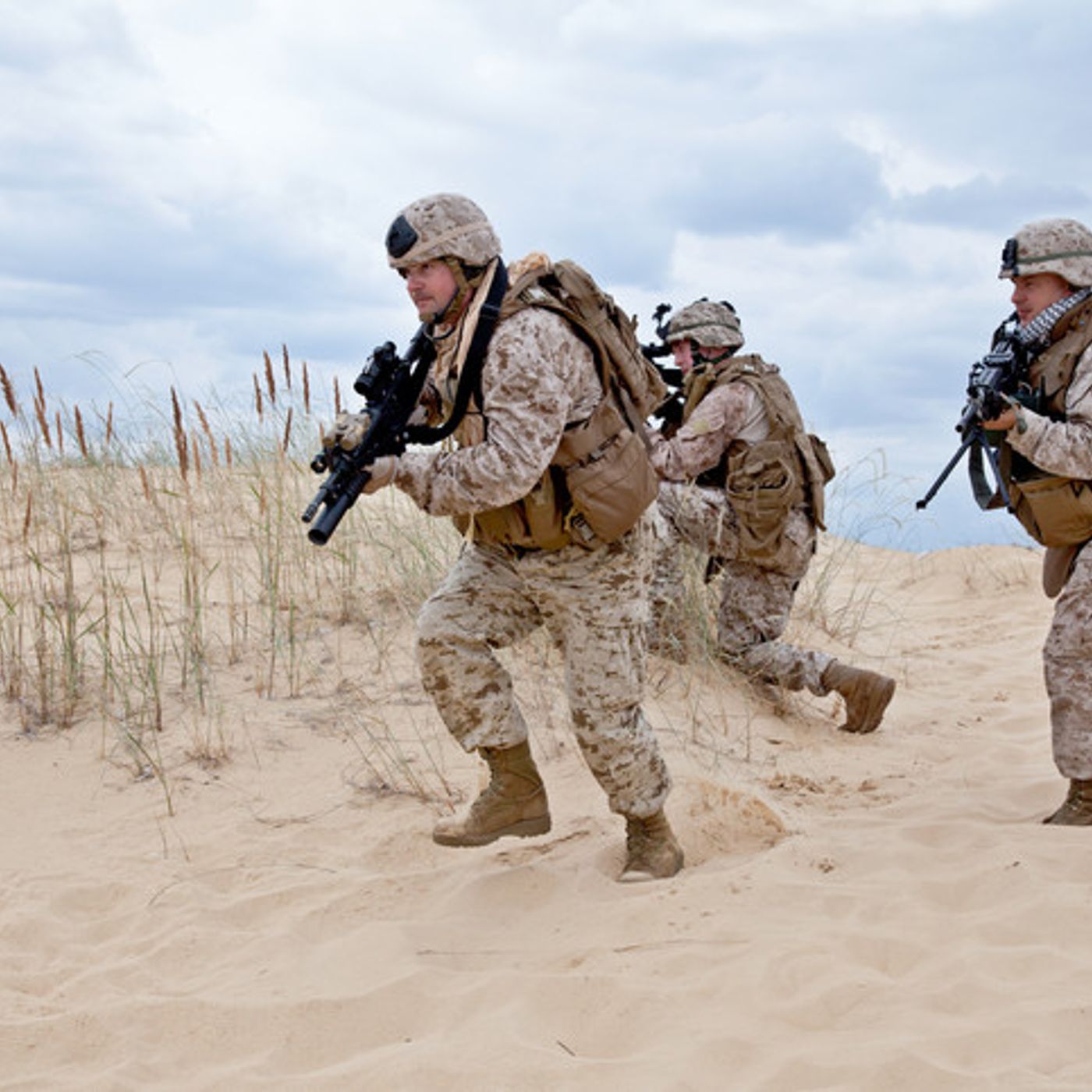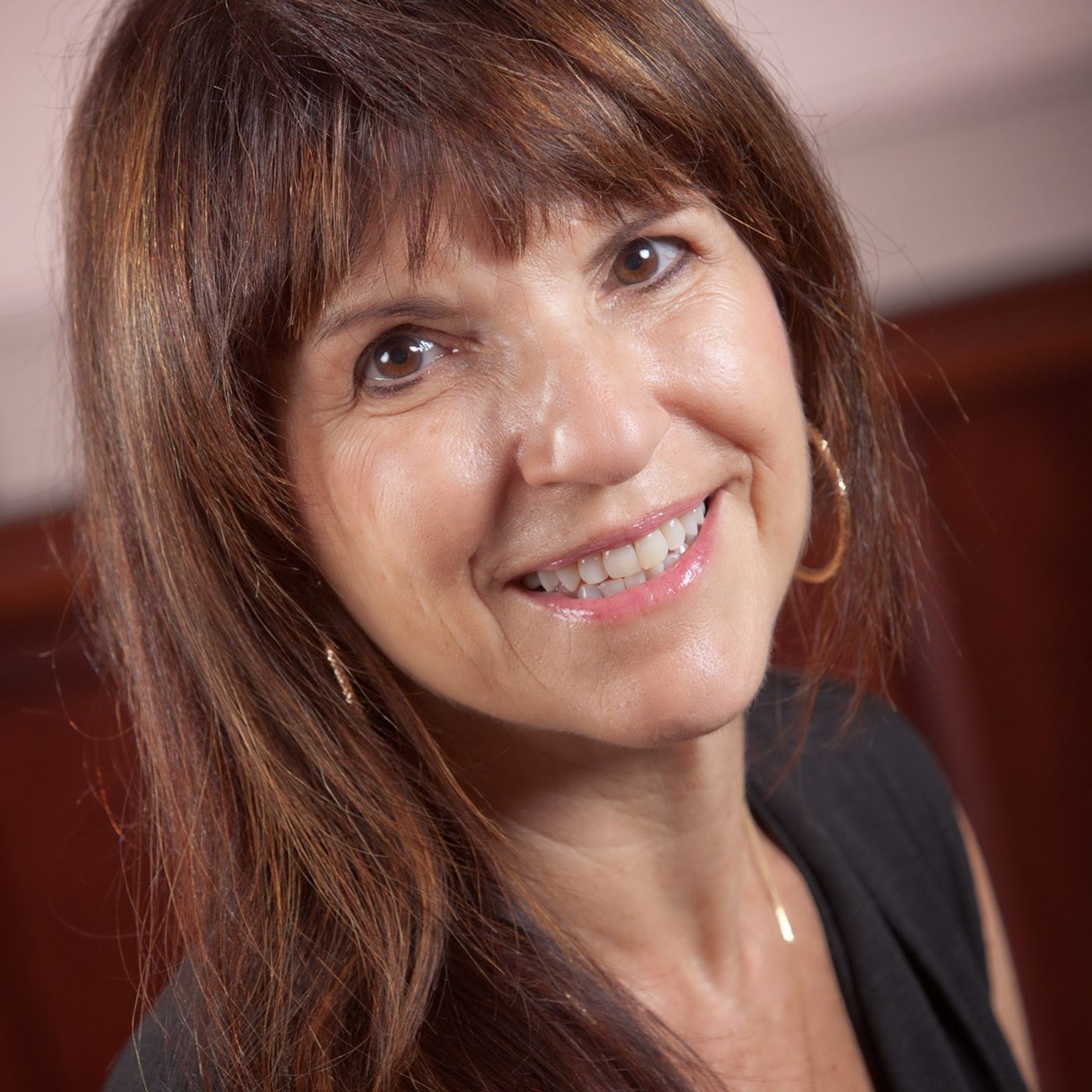
🎤 PODCAST • War ~ What was it like to serve in Iraq? A short interview with counselor Jay White

www.drkenner.com Answers Your Questions
Deep Dive
- Uncertainty of waiting for deployment was tough on Jay and his family.
- He prepared physically, viewing it as preparation for survival.
- The waiting period was like preparing for a major sporting event.
Shownotes Transcript
The Selfish Path to Romance. Download Chapter 1 for free at drkenner.com and at amazon.com. What is it like to have served in the war in Iraq or in Afghanistan? With me today is Jay White, who has worked with a lot of vets from the global war on terrorism, and he's a readjustment counselor, and he's been there and back. Jay, welcome so much to the show. You're from the Hartford Vet Center, aren't you?
Yes, I am. Thank you for having me, Dr. Kenner. Yeah, and I wondered, what was it like when you were first called over? What was that like for you? We were first called over in 2003, and to be honest with you, our unit was kind of alerted since September 11th. So we went about a year and a half of...
uh waiting to go and to be honest with you it was a little bit relieving to finally uh to finally get the real call so dealing with the uncertainty was really tough on you it was very tough the whole year of 2002 was just in limbo for not just me but my family and everyone involved friends co-workers and that went for pretty much all the guys in my unit
Yeah, and is that something like there's nothing you can do about that? The uncertainty is real and there's no specific way to cope? Or did you find a way that really helped you cope with having been called up and being in that waiting period?
Personally, I spent most of the time just staying in shape and focusing on getting in good physical condition more than anything. And I think that helped me mentally, too. But I just my theory was if something happens to me, I didn't want it to happen to me because I was too slow or something. So it was you really gearing up for survival.
Sure, I guess you could say that, but, you know, I just, it was kind of like, we had never experienced it before, so for anybody who's, like, played sports or anything, you think of it as a big event, so you need to get in shape for that event, and that's what I did. So during that period. Then once you got the call to go over, how did that affect you? And I'm assuming you're not married? I'm not married yet, actually. I'll probably be married by the end of the summer. Okay. But...
How did it affect me when I got called? I remember my mother was not happy at all, but I kept telling her and anyone who agreed with her that it was a good thing because we had to go and come back before we could finally be done with worrying about going. Yeah. If that makes sense.
So you focus more on the relief. Mom, we've been living in uncertainty for so long. Right. I had to pretty much explain to her, you know, well, listen, we're going to go. So let's just go and get this over with. Yeah. And as a mother, I'm a mother too. And I know what I would feel like. I would just feel devastated because I would picture him crying.
coming back hurt or maybe even not coming back. How did, you know, how do you help people like your mother who are in that position? Well, uh, to be honest with you, you know that what she's thinking is a possibility. Um,
And it's not easy. What do you tell someone? So I think the best thing to do in any situation is kind of focus on the positive, and that being, oh, I'm with people I know. In my case, my reserve unit, I'm with my friends. What I'm going to be doing over there, in particular for me, was a good thing. You know...
Keep reiterating, listen, I'm mature. I'll make the right decisions. I'll keep in mind the safety of, you know, the mission before we go out, and I won't be doing crazy things. Just kind of anything to reassure, you know, a parent or whatever. Are there ways to keep in contact? Were they able to touch base with you during the war? They could.
to a degree, it's better now than it was in OIF-1, they call it. That was the first phase of the Iraq War. For me in particular, I didn't have the easiest time contacting home for the first couple of months when the war first started, just based on where I was and didn't get mail for a month or so. But that was an isolated situation.
That's where we were. But for the people in the rear detachment, then they could have contacted home. And for pretty much everybody now, from what I've been hearing from the veterans who come in here, they have a decent amount of contact. So there's some support and it's not like it's a vacuum. Yeah, sometimes you hear that too much contact is an issue, actually. Right.
Jay, what would you say was the scariest moment in the war for you? Hey, I gotta interrupt this because we've got to pay some bills. 30 seconds, that's it. A very quick ad and then Ellen will be back. Romance. Oh, I wish guys knew more about what we want from a relationship. Boy, I wish I knew more about what I want. Where's that ad I saw?
Ah, here it is. The Selfish Path to Romance. A serious romance guidebook. Download Chapter 1 for free at SelfishRomance.com and buy it at Amazon.com. Hmm. The Selfish Path to Romance. That is interesting. Jay, what would you say was the scariest moment in the war for you? Um, no doubt that I remember the date, actually. It was April 15th, 2003.
It was just the middle of the night, and I guess now looking back, there were just mortars coming in. We weren't at a particular base. We just kind of hopped around. This is in Baghdad? In Baghdad, right. Mm-hmm.
And you just didn't know. I mean, like the pattern of them, it just seemed like they got closer and closer and louder and louder. And the scariest part was thinking that you could be dead in the next 30 seconds, but not even that. It wasn't as much about afraid of dying as it was thinking, how is the news going to be handled when it reaches home? You know, that to me was like... So thinking of your family members. Thinking of them and feeling that responsibility that, oh,
oh my god, I'm going to cause so much pain and there's nothing I can do about it, you know? Right, well that's fascinating. I wish I could snap my fingers and be at home. Anything at home would be better than this right now for that two hour period or whatever it was. Yeah, and then there must have been tremendous relief when you felt out of danger again. Well, it's gradual, but yeah. When you look back at the whole thing, it is relieving, but
You know, it's not like you're there and then, oh, it's gone. You know, it's a gradual thing. So I want to give you a moment to be able to explain what you do. You served in the National Guard, but you're now a readjustment counselor. And what would you like to tell people, people like yourselves who've served in Afghanistan or Iraq? Well, they hired like 50 of us who are veterans of either Afghanistan or Iraq.
in 2004, and I was lucky enough to get a position here at Hartford. So they hired us with the intention that veterans coming back will feel more comfortable. At least that's what my take is, that they hired us for that reason, that veterans would feel more comfortable talking to somebody who was there and is in their rough age group and whatnot.
But the biggest thing is, it's not easy to come in. First of all, you get home, you're with a bunch of your friends, you've seen them all the time, you just want to go home and forget about it and go back to work. And, you know, if you're in the reserves or the guard, especially, and there's so many of them,
Even active duty, a lot of times they come home and they have another mission. And you want people to be able to reach out and get the help. I think you mentioned that to me. Exactly. Where can they go for help? Well, they can go anywhere, and not just the Vet Center. There are Vet Centers in pretty much every city in the country and definitely in every state. And that's a great place to go because the Council of Veterans, and it's free. Is there a number or a website for that?
There is, yeah. There's an 800 number that they can call. Okay, we don't have that right now? Yeah.
Well, listen, I want to thank you so much for coming on the show today. I'm talking with Jay White, who's from the Department of Veterans Affairs in Hartford, right? Yes. And you're a readjustment counselor. And so if you're a vet coming back or a family member of a vet, correct, Jay? That's right, yeah. You can reach out and get the help, and there's no stigma to it. They're really working on trying to not have this be a stigma issue for the military. Thank you so much for joining us today, Jay. Okay.
Okay, thank you. You're welcome. For more Dr. Kenner podcasts, go to drkenner.com and please listen to this ad. Here's an excerpt from The Selfish Path to Romance, the Serious Romance Guidebook by clinical psychologist Dr. Ellen Kenner and co-author Dr. Edwin Locke, who's world famous for his theories in goal setting. All emotions have causes, including love.
Love, whether mistaken, genuine, or in the process of developing, is a response to subconscious estimates we make about the other person, estimates we can become aware of consciously by introspection.
This gives us a wealth of information that can be used to make good decisions. It is critically important to know what you are responding to when you feel love for someone or have doubts about someone. Does analyzing our emotions take the mystery out of love and thereby ruining it? No, just the opposite.
You can download Chapter 1 for free by going to drkenner.com. And you can buy The Selfish Path to Romance at Amazon.com.